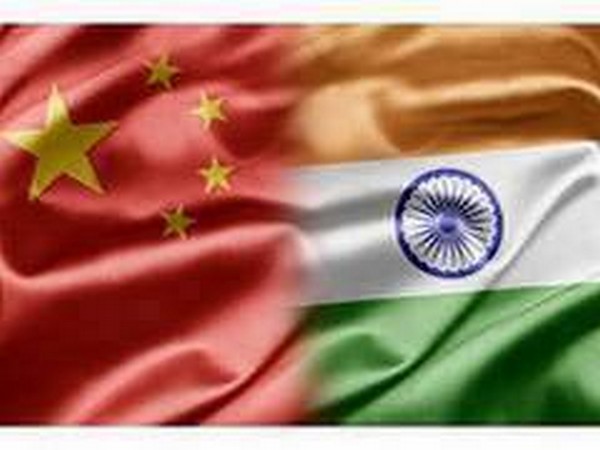Amid the message that Chinese President Xi Jinping in his third term will continue to pursue a hardline policy with India, External Affairs Minister S Jaishankar on Tuesday sent out a strong signal to Beijing, reiterating that normalcy in the India and China ties can be restored only if there is peace and tranquility in the border areas. “Peace and tranquility in the border areas clearly remains the basis for normal relations,” Jaishankar said while addressing a conference organised by the Center for Contemporary China Studies (CCCS). He further added that the tensions in the border areas were “mischievously conflated” with solving the question related to the boundary from time to time. “From time to time, this has been mischievously conflated with the sorting out of the boundary question,” he said.
With Chinese President Xi Jinping almost certain to get a third term, Beijing is signaling the intention to continue its policy of muscle-flexing and pushing assertive agenda across various geographies including Indo-Pacific, Indian Ocean Region, Line of Actual Control (LAC). Amid all the messaging like this from China, Jaishankar’s statements are being viewed by diplomats as India’s response to Beijing. “The much-needed and timely message that Jaishankar has successfully sent out from the forum of CCCS is that India will continue to be as firm as it was before on the demand for restoration of status quo ante of April 2020 on LAC, no matter how aggressive policy China is going to pursue under Xi’s third term,” say diplomats who are keeping a close watch over the Chinese Communist Party (CCP) Congress discussions in Beijing. “The restoration of status quo ante of April 2020 along LAC in Ladakh is the basis for normalcy in relation that EAM has referred to,” says a diplomat.
Only two weeks ago, IAF Chief Air Chief Marshal VR Chaudhary made it clear saying that the situation on the LAC in Ladakh can be considered normal only if there is a return to status quo ante and withdrawal of Chinese troops at all friction points. He more elaborately said that “the benchmark for the situation to become normal in eastern Ladakh would be to return to the status quo ante prior to the standoff and a complete withdrawal of troops from all friction points”.
So, now amid the CCP’s National Party Congress in Beijing that began 16 October, Jaishankar came out with a similar strong message for the Chinese government against the backdrop of the dragging military standoff in Ladakh sector. Jaishankar has maintained in recent months that the overall relationship with China cannot be normalized till there is peace and tranquility on the LAC. At the same time, China has been of the view that the border row must not be allowed to affect ties between the two countries. Jaishankar’s emphasis on resolution of the border row as a mandatory step towards restoring normalcy in ties is in fact a clear rejection of the Chinese proposal. According to sources, the Indian ambassador to China has been asked to communicate New Delhi’s message regarding “the border expectations” to Jinping and other foreign ministry and defence officials in Beijing immediately after the CCP meeting concludes.
Meanwhile, Jaishankar further said, that India must prepare to “compete more effectively, especially in our immediate periphery”. On the international stage, building deeper relationships and promoting a better understanding of India’s interests strengthens the country, he added. “Peace and tranquillity in the border areas clearly remain the basis for normal relations. From time to time, this has been mischievously conflated with the sorting out of the boundary question,” Jaishankar said.
“The truth is that the prerequisite has been and remains one much more modest; and even that was breached in 2020,” he said, referring to the massing of troops on the LAC by China and attempts to alter the status quo in the border areas.
India’s search for a “more balanced and stable relationship” with China stretches across “multiple domains and many options”. He said: “Given the developments of 2020, they obviously focus on an effective defence of the border. This was notably undertaken even in the midst of Covid.”
Noting that the two countries must display the willingness to take a long-term view of their ties, he said: “Establishing a modus vivendi between India and China after 2020 is not easy. Yet, it is a task that cannot be set aside. And this can only become sustainable on the basis of three mutuals: mutual respect, mutual sensitivity and mutual interest.”
He added, “The last few years have been a period of serious challenge, both for the relationship and for the prospects of the continent. The continuation of the current impasse will not benefit either India or China. New normals of posture will inevitably lead to new normals of responses.”









